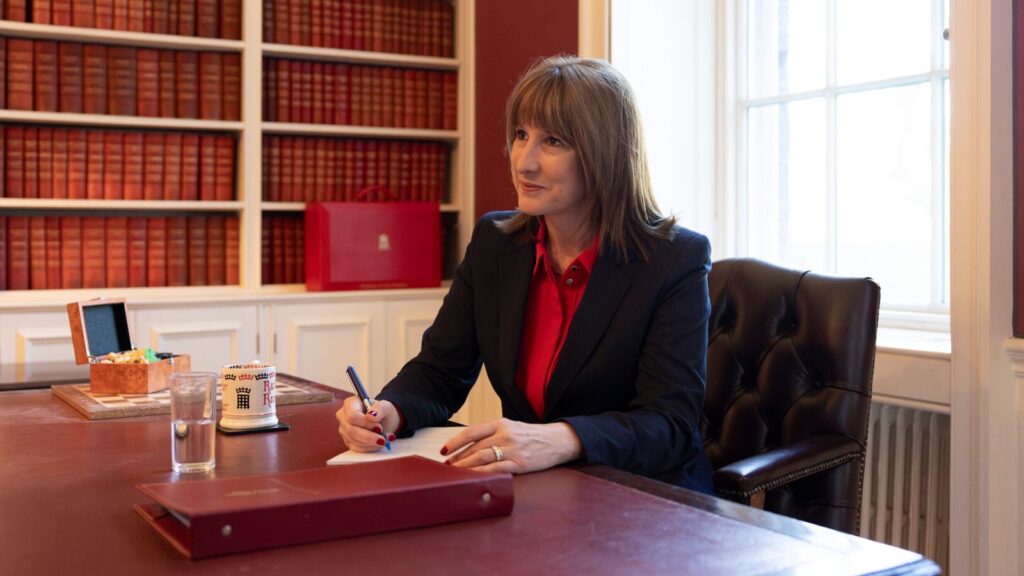Policy fellow, Dr Anusha Panjwani, reflects on her first month at CaSE
Working Towards Improving Evidence Informed Policy
22 Sep 2016
I am delighted to be joining the Campaign for Science and Engineering (CaSE) at an exciting time following the EU referendum! I feel very welcome and comfortable with the warm and friendly CaSE team. Its inspiring to see their proactive, reactive and responsive approaches to matters arising!
In the first few weeks I got a flavour of science policy by attending a CaSE discussion forum on the impact of Brexit on science and engineering ahead of the EU negotiations. I also had the opportunity to attend a meeting on immigration policy in light of the Brexit vote. Last week, we had an enjoyable team building day where we dared to unsuccessfully rob a bank, yet left successfully with a clearer sense of purpose and greater appreciation of team members’ diverse strengths and attributes!
Following my PhD and post-doctorate in virology, the move from fundamental research to science policy has been enriching. All along I have recognised the importance of science and engineering knowledge and expertise and its impact on the work of every government department, to help the economy grow and ultimately, improve people’s lives. I believe it is crucial that the government uses impartial and rigorous scientific advice as the basis for its policies.
Over the next eight months, the focus of my primary project is to understand how the government can take an optimal evidence-informed approach to policymaking. This is paramount to ensure fit-for-purpose policies are in place to ensure a thriving science and engineering sector in the UK.
I will be exploring the mechanisms in place to access evidence and advice and ways to enhance accountability and accessibility to information, identify good practices and develop approaches to support the development of evidence-informed policy. This will include investigating how departmental R&D is used across different departments.
I hope to contribute positively to our main policy areas coveing R&D investment, science advice and education and skills. Overall, I am looking forward to combining new lines of thought and new ways of thinking at CaSE key to supporting science and engineering in the UK.
Related resources

Is the R&D sector ready to navigate a fragmented political future? CaSE is launching a new project – R&D in a shifting voter landscape – to help the sector evolve its advocacy tactics and messaging.

In recent days there have been a number of reports about cuts to UKRI budgets and grant funding pauses. Here we summarise events so far, and set out why we believe UKRI should explain how and why decisions have been made.

CaSE analysis of the 2026/27-2029/30 UKRI budget allocations.

CaSE analysis of the Autumn Budget delivered by the Chancellor on 26 November 2025.